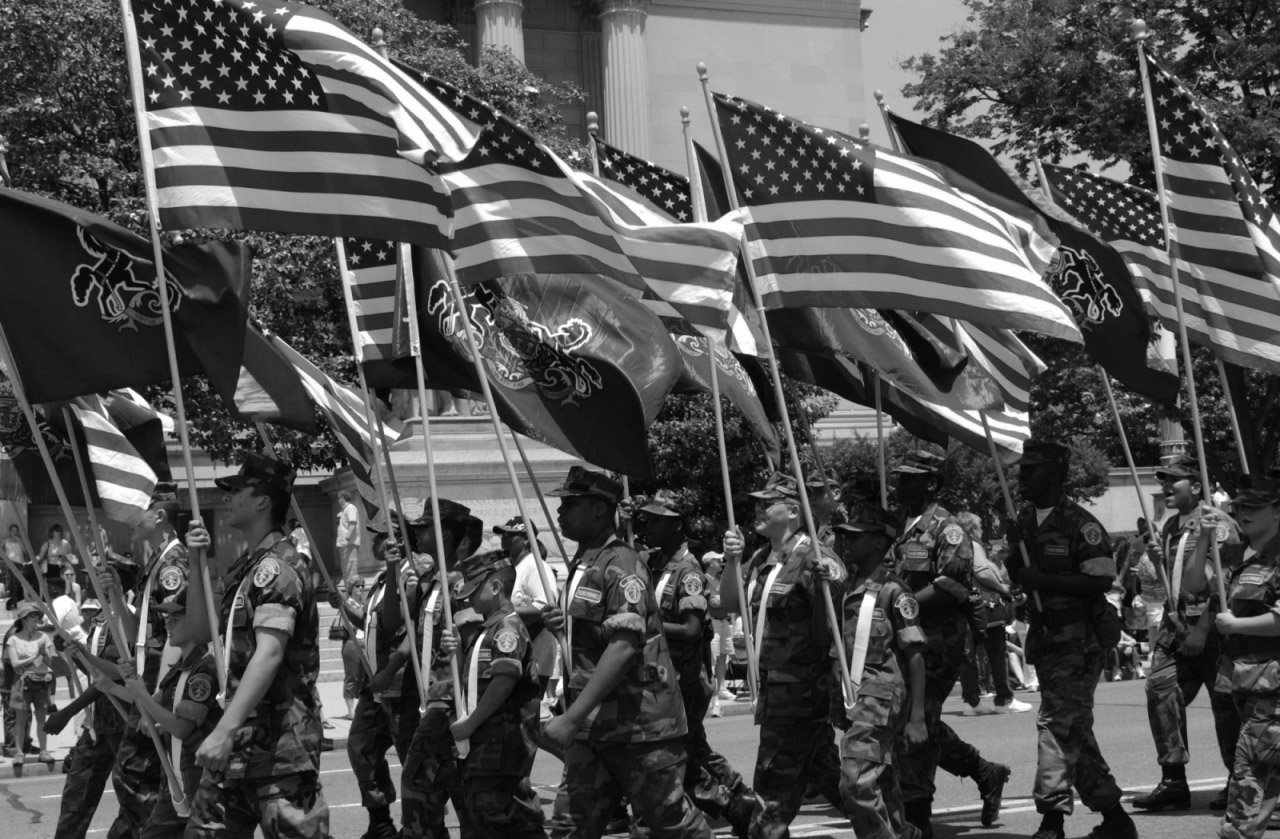The apocalyptic message has enormous power for various reasons. One is, ironically enough, the terror that it inspires. The vision of the future that's embedded in the apocalyptic world view is really a frightening one. But yet, combined with the fear, is a sense of meaning, and also the sense that as individuals we can escape the true terrors that lie ahead. And that's where the Rapture belief becomes so important, because horrible events will be unfolding in the future, but true believers will be spared all of that because they will be taken in the Rapture and spend that time with Christ in the skies. So there's the sense of fear that comes with thinking about those events, combined with the sense of escape, the sense of personal redemption from all of that, that I think is one of the sources of strength of this belief system.This quote accurately describes the general reason for the presence of apocalypticism in the early stages of the world. This also briefly explains how religion has its part in this major topic. With these posts taken into consideration, it is apparent to see and understand how and why apocalyptic fiction has become such a major influence in the American society today.
Boyer, Paul. "Apocalypticism Explained: The Resiliency of Apocalyptic Belief." PBS. PBS. Web. 20 Apr. 2015.

